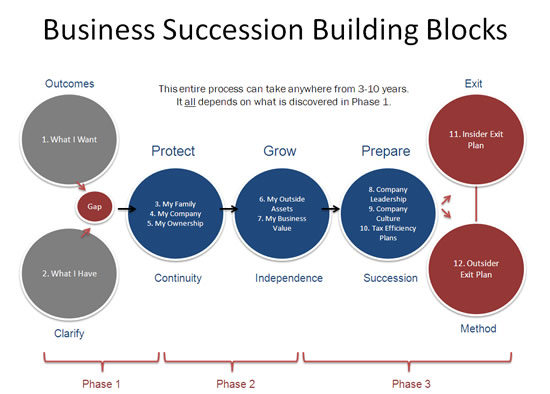In our extensive experience as accountants and business advisors, we frequently encounter individuals who have registered businesses for a variety of reasons. In this article, we will delve into these common motivations:
- Formalizing a Side Gig: Many people register businesses as a means to legitimize a side hustle before realizing it may not be sustainable or they lack the time to run the venture effectively.
- Meeting Regulatory Requirements: Some individuals are requested by friends to serve as directors for a company primarily to fulfil regulatory obligations, often related to BBBEE (Broad-Based Black Economic Empowerment).
- Shifting to Sole Proprietorship: There are instances where individuals initially registered a company but later decided to continue trading as a sole proprietor.
- Overseas Relocation: People who registered a company but subsequently relocated abroad for employment often leave their company unattended.
Regardless of the initial reason for registration, it is a recurring trend that many of these businesses eventually become an administrative burden for their founders, partners, or directors. These administrative challenges encompass:
1. Compliance with the CIPC: Ensuring adherence to regulations set by the Companies and Intellectual Property Commission and the Companies Act.
2. Filing of CIPC Annual Returns: Meeting the requirement to submit annual returns to maintain company compliance status.
3. Filing of SARS Tax Returns: This article primarily addresses the critical issue of filing tax returns with the South African Revenue Service (SARS).
The company you registered but might have forgotten about can pose a substantial tax risk. Here’s why:
- Tax Obligation: Registered companies have a legal obligation to file annual tax returns with SARS to provide updates on their financial and trading status.
- Accumulated Unsubmitted Returns: If you’ve lost track of your registered company, you may have a backlog of unsubmitted tax returns. For instance, if your company was registered five years ago, you could potentially have five years’ worth of outstanding tax returns. This applies to all applicable tax types, including VAT and PAYE.
- Ignored Notifications: You might have received notifications and reminders from SARS but overlooked or failed to understand their significance.
- Penalties: SARS imposes administrative penalties for non-submission of tax returns, even if the business is not actively trading. These penalties can vary but often start at R250 per month, with a maximum penalty of R16,000 per month. Consequently, for five years of non-submission, you could face a minimum penalty of R15,000. It is important to note that the trigger for these penalties is not trading status, but non-submission of tax returns.
So, what should you do if you find yourself in this situation:
- Submit Outstanding Tax Returns: Initiate the process by submitting all outstanding tax returns.
- File Returns Regardless of Income: File tax returns for all relevant years, irrespective of whether your business generated income or expenses. As mentioned earlier, penalties are triggered by non-submission, not income levels.
- Understand Responsibilities: Avoid registering as a director or tax representative for friends or family without fully comprehending your duties toward the company and tax authorities.
- Check Company Compliances: Utilize the Companies and Intellectual Property Commission (CIPC) to obtain a ‘spider report’ for each company you are a director of and verify their tax compliance.
- Consider Resignation: If you’ve already registered as a director or tax representative, explore the possibility of resigning from those positions.
- Engage with SARS: Communicate with SARS to discuss penalty remittance, repayment plans, or reduced penalties.
- Deregister Inactive Companies: If your intent is not to maintain the company’s active status, consider deregistering it with both CIPC and SARS.
Remember, SARS appreciates law-abiding citizens. It’s best to be proactive and honest in addressing any oversight or compliance issues. Approach SARS with transparency and a willingness to rectify the situation by submitting overdue tax returns and seeking resolution for penalties.
We hope this information proves helpful. Feel free to reach out if you require assistance or have further questions.






